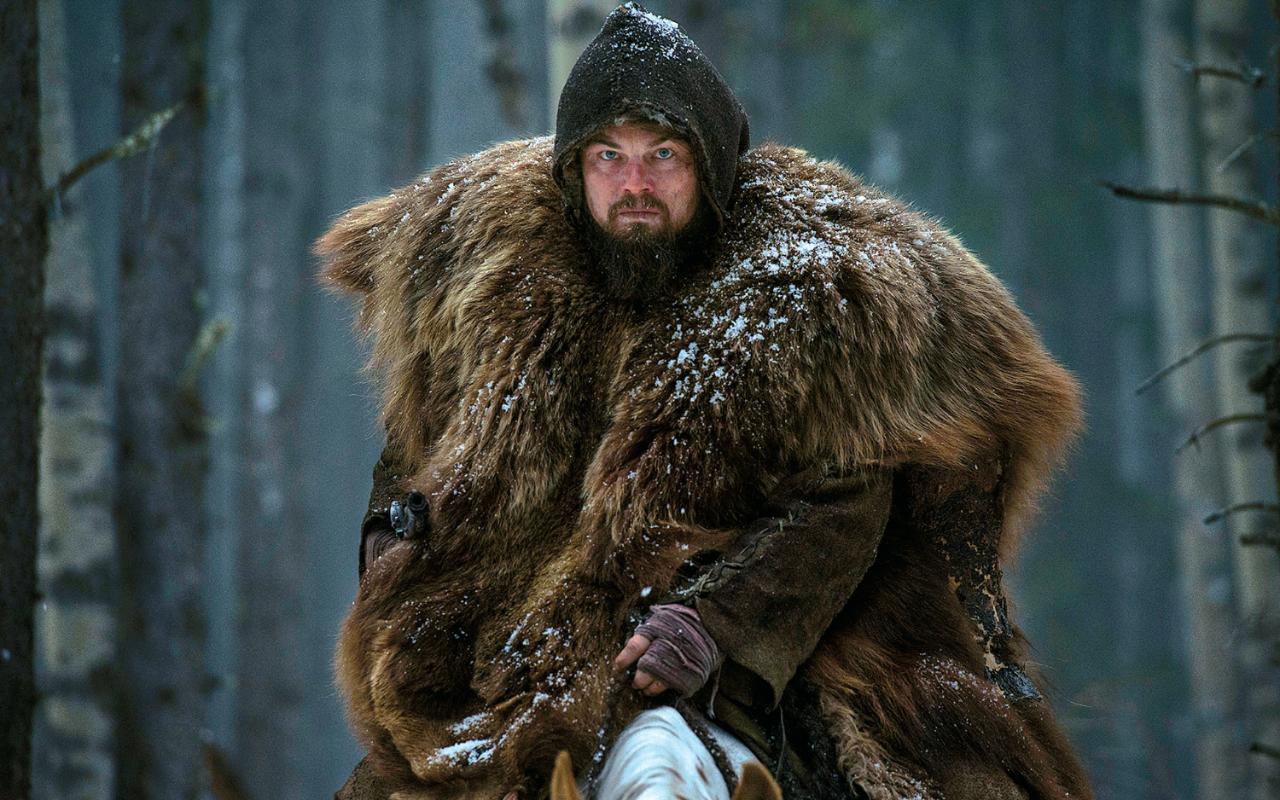Maria Carrillo, Ben Steinhauser, Alicia Mahoney, Jose Garcia
Professor Kazia L. Estrada
English 1301-175
22 April 2016
22 April 2016
#PowerForThePowerful
A rich man is defined by his wealth and image.
“Don Giovanni de la Fortuna” and Queer Theory
“Don
Giovanni de la Fortuna” is a version of “Bearskin” from Sicily. It is the first
“Bearskin” story that we have read in which the protagonist is given a name
other than Bearskin. The story also differs from other versions in that Don
Giovanni was originally wealthy, but was such a spendthrift that he became poor
and thus came to make his deal with the devil. Through queer theory, it can be
seen that “Don Giovanni de la Fortuna” perpetuates the societal norms of the
day by rewarding behavior that conforms and punishing those who deviate from
those norms, other than the protagonist.
Don
Giovanni makes the deal with the devil in which he is given a purse that has a
never ending supply of money in it. The devil says, “But the charm will only
work if you promise to remain three years, three months, and three days without
washing and without combing and without shaving your beard or changing your
clothes. If you do all this faithfully, when the time is up you shall keep the
purse for yourself, and I will let you off any other conditions” (Ashliman). Making
a deal with the devil is implied as bad, but Don Giovanni readily makes it and
does well by it.
He
becomes a social deviant due to his looks and lack of hygiene. His appearance
is thus described, “his hair became matted with dirt and hung over his eyes,
and his pilgrim's dress was a mass of horrible rags and tatters” (Ashliman).
When he stops at a palace, the maid and master assume he is a dangerous and
crazy beggar due to his abnormal looks. They tell him to go, but money has ever
been the great equalizer and once Don Giovanni offers to buy the house, the
gentleman starts to treat him with some decency.
The
society in the story is one ruled by men. At the end of the story, the older
daughter and the wife of the king “were blinded, and they fell over into the
sea and were drowned” (Ashliman) because they rejected the king’s request that
the daughter marry Don Giovanni to fulfill his debt. But the younger daughter
acquiesces to marry Don Giovanni. The younger daughter conforms to society’s
expectation of her and is rewarded with a handsome husband, while her older
sister and mother are social deviants and are punished for their behavior. Once
the king dies the story states “Don Giovanni became king” (Ashliman). It is the
men who hold the power and money in this society and wield it in such a way as
to maintain the status quo of power– men as the masters and women as their servants.
It
is assumed that cleanliness, a shaved face, and combed hair are normal; they
are a social construct that is forced upon individuals by society as a whole.
This idea of what makes a man a man is perpetuated by Bearskin’s rejection
until he comes back clean and well dressed. If Don Giovanni had not shaved, cut his hair
and washed, would his look become the new normal with people trying to conform
to his standard due to his incredible wealth and influence? The text suggests
to society of the time that appearance and wealth are critical defining
elements of masculinity. Don Giovanni in his filth was portrayed as less of a
man by most who saw him. His actions towards the king are what helped earn him
his bride. The king says that Don Giovanni “behaved like a gentleman in not allowing
me to send back the money” (Ashliman). Otherwise the king, based on looks alone,
may not have considered making such an offer. This continual relevance of wealth and image
defining a man’s masculinity supports the ideas of society at that time. “Don
Giovanni de la Fortuna” perpetuates the societal norms of the day by rewarding
conformity. Don Giovanni appeases the devil and then the king and despite a
small struggle is rewarded with riches and a wife. Through queer theory, the conformity
that it takes a man to lead a life expected is readily exposed.
Works Cited
Ashliman, D.L.
“Bearskin and other folktales of type 361.” University of Pittsburgh, 24
October 2013. Web. 03 Feb 2016.





